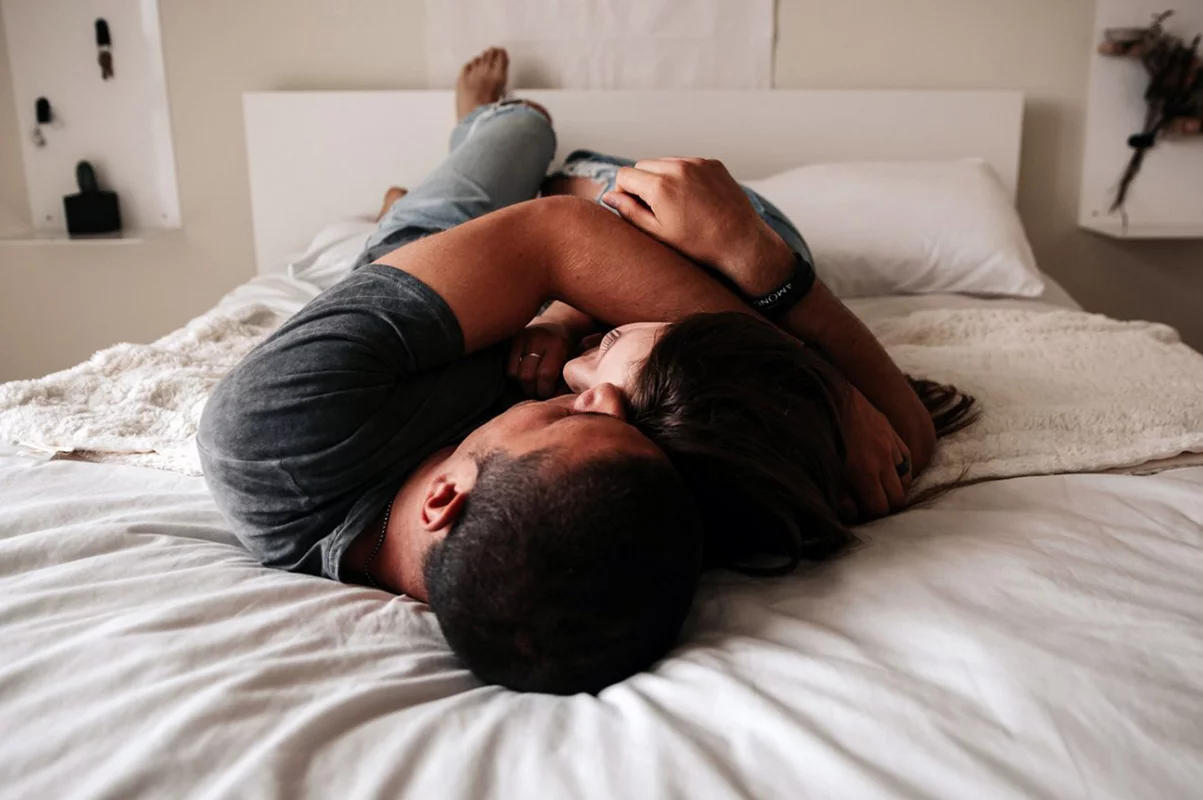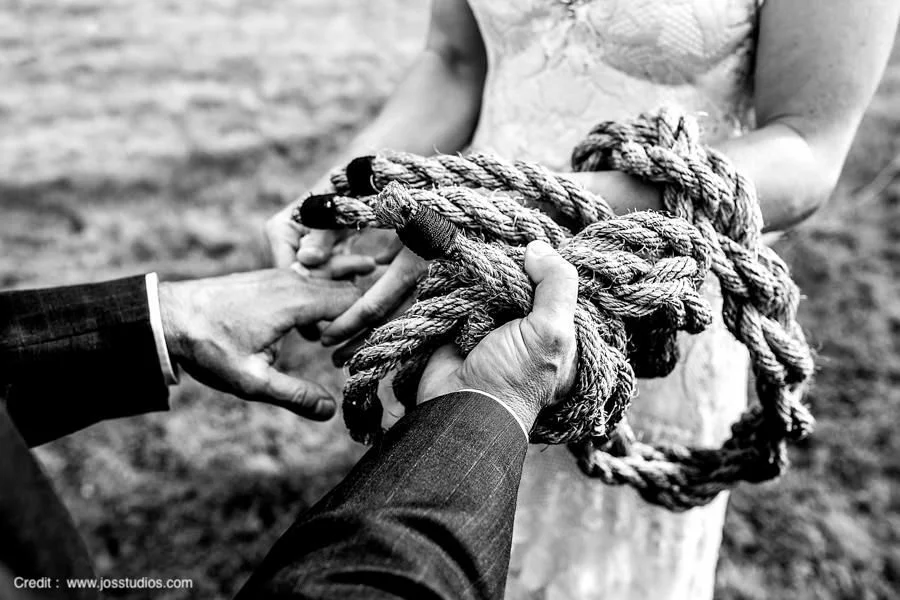It feels good to help others, right? Unfortunately, your well-intentioned desire to help might be enabling your loved one’s addiction. Helping someone continue harmful behaviours is not helping them – it is enabling them.
Enabling can manifest in many different ways, including:
- Giving money so your boyfriend can buy drugs without turning to crime.
- Making excuses for your alcoholic wife so her parents, friends, or colleagues won’t judge.
- Hiding bruises so nobody finds out your husband beats you when he is drunk.
- Avoiding discussing important issues out of fear of retaliation or anger.
Enabling Is Harmful
Enabling is easy to rationalise. If your addicted daughter’s cupboards are empty, what kind of mother would you be if you let her starve? If your husband drinks to blackout most days, what kind of wife would you be if you told the truth about his drinking? People usually enable out of fear, self-preservation, or as a misguided act of love.
But the truth is that solving your loved one’s problems for them dissolves their motivation to take responsibility for their actions or seek help. Enabling limits your loved one’s capacity for healing and personal growth. You would help your addicted loved one more if you guided them towards receiving treatment at an affordable luxury rehab.
Codependency And Enabling
Codependency describes a dysfunctional relationship where one person – the codependent – supports or enables another person’s addiction or harmful behaviour. A codependent’s self-worth and identity is defined by validation received from other people. Helping a loved one deal with their problems and supporting them no matter the cost make the codependent feel needed and validated. A codependent can enable by helping an addict deal with work, money, and other problems while offering unlimited emotional support instead of helping them seek treatment at an alcohol and drug addiction rehab centre.
Signs and symptoms of codependent behaviours include:
- You feel responsible for other people’s wellbeing, thoughts, behaviours, decisions, desires, needs, and destiny.
- You always want to help people solve their problems or make them feel better.
- You feel angrier when other people are wronged than when you personally face injustice.
- You feel safe, secure, and comfortable when you are giving.
- Yet, you feel insecure and guilty if someone tries to give back.
- You feel bored, worthless, or hollow when there is no problem to solve, crisis to handle, or person to care for.
- You lose yourself in the people you love and lose interest in your own life.
- You cannot stop thinking and talking about other people’s problems.
- You stay with abusive partners or tolerate unfulfilling relationships because you want to feel loved.
- When you do escape from a bad relationship, you enter a new one that does not work either
Other signs and symptoms of codependency:
- You hate being alone.
- You would rather be in a bad relationship than be single.
- You ignore, tolerate, or facilitate unacceptable behaviour.
- You do everything you can for your loved one.
- You put aside your own needs, desires, and self-care so you can focus on someone else.
- You lie to cover up other people’s mistakes.
- You cannot be honest about your loved one’s behaviour.
- You keep helping even when you are unappreciated or ignored.
You should speak to a non-judgmental professional if you suspect you are codependent, especially if your tendencies are enabling your loved one’s addiction. If the person you are enabling is already receiving treatment you should go along and take part in the process.
How To Stop Enabling Addiction
Stopping enabling is not always easy. In fact, it can have a tremendous impact on you and your loved one’s lives. Your loved one may feel like you have abandoned them when they need you most. The consequences could be terrifying – what if your wife loses her job if you stop helping her? What if your father gets arrested because he stole money to fund his drug addiction?
These are scary and valid concerns, but the alternative can be worse.
In such cases, you must decide if the consequences of stopping enabling and causing short-term pain are better or worse than enabling long-term harmful behaviours. Prolonged drug or alcohol abuse can destroy lives and cause hundreds of potentially lethal health problems. Talking with an experienced counsellor or psychologist at an alcohol and drug addiction rehab centre can help you navigate your options and figure out how to stop enabling.
Affordable Treatment At The Dawn Rehab Thailand

Helping your loved one achieve sobriety is much more helpful than enabling their addiction. The Dawn is an affordable luxury rehab in the heart of Northern Thailand. Our UK- and USA-trained counsellors, psychologists, and psychiatrists offer onsite supervised detox and highly effective 30-day treatment programmes for drug or alcohol addiction. We use comprehensive dual-diagnosis methods to diagnose and treat mental health disorders like depression, anxiety, and PTSD alongside addiction. Contact us to talk about your loved one’s journey to recovery today.
Related Posts
 Loving Too Much: How to Overcome Codependency & Get Your Life Back
Do you know someone who needs approval from others to feel good about themselves? Do they fall apart when someone offers constructive criticism? Maybe they are too clingy, or stay...
Loving Too Much: How to Overcome Codependency & Get Your Life Back
Do you know someone who needs approval from others to feel good about themselves? Do they fall apart when someone offers constructive criticism? Maybe they are too clingy, or stay...
 Narcissist-Codependent Relationships: When Addiction Isn’t Just About Drugs and Alcohol
Narcissist and codependent relationships occur when two people with complementary emotional imbalances begin to depend on each other, leading to an increasing spiral of harm for both people. In many...
Narcissist-Codependent Relationships: When Addiction Isn’t Just About Drugs and Alcohol
Narcissist and codependent relationships occur when two people with complementary emotional imbalances begin to depend on each other, leading to an increasing spiral of harm for both people. In many...
 Telltale Signs of Codependency: The Relationship Between Addict & Codependent
Codependence is a psychological condition or a relationship in which a person with low self-esteem and a strong desire for approval has an unhealthy attachment to another person. They place...
Telltale Signs of Codependency: The Relationship Between Addict & Codependent
Codependence is a psychological condition or a relationship in which a person with low self-esteem and a strong desire for approval has an unhealthy attachment to another person. They place...
 What is an Enabler? 6 Signs You Might be Enabling an Addict
By definition, the dictionary will tell you that to enable means to make something easy, to create conditions for it to happen. This simple explanation stands true when related to...
What is an Enabler? 6 Signs You Might be Enabling an Addict
By definition, the dictionary will tell you that to enable means to make something easy, to create conditions for it to happen. This simple explanation stands true when related to...





